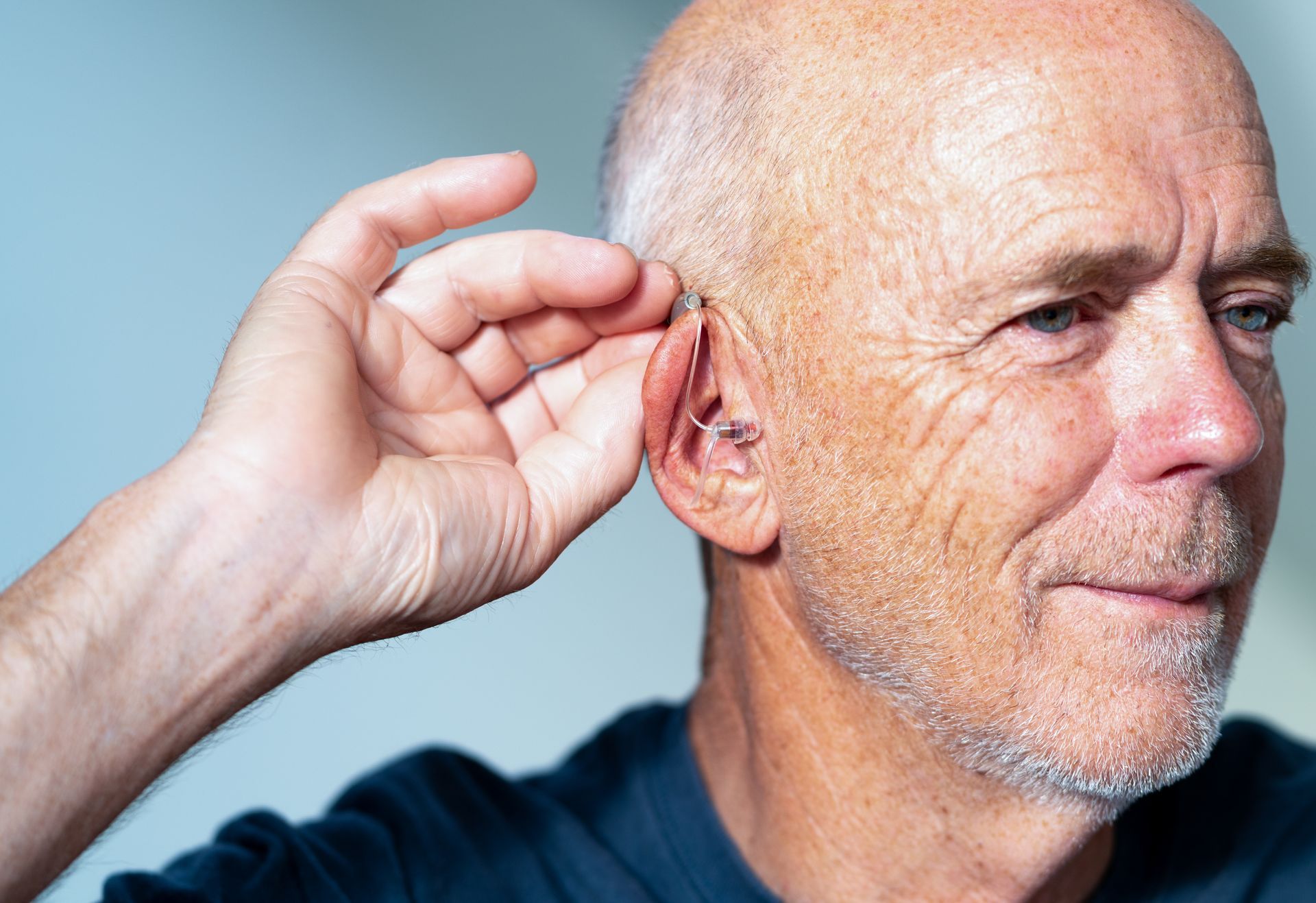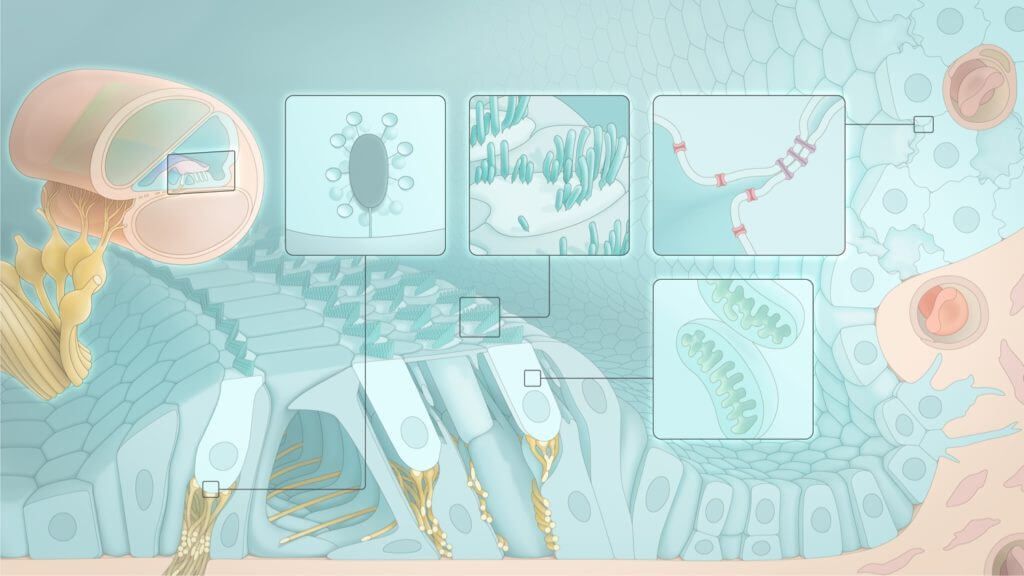How to Deal with the Emotional Weight of Tinnitus
Tinnitus is that ringing, hissing or roaring sound that doesn’t have an external source. It’s a common condition, affecting roughly 50 million people across the country. Tinnitus affects everyone differently; for some it is a mild nuisance, while for others it is a debilitating experience, even causing thoughts of suicide.
The Emotional Weight of Tinnitus
Studies have shown that tinnitus and suicidal ideation are closely linked:
- According to a study published in 2016, people with tinnitus have higher rates of suicidal thoughts and suicide attempts compared to people without.
- A survey from the British Tinnitus Association found that 10% of people with persistent tinnitus have had suicidal thoughts since being diagnosed.
The reason for this is because, as there is no cure for tinnitus, it seems like there is no end in sight. This can be debilitating, which causes some to think about suicide as a means of escape.
Fortunately, there is hope.
Strategies for Managing Tinnitus
An audiologist can help you come up with a plan for managing your tinnitus, which may include:
- Wearing hearing aids. Hearing aids work by turning up sounds in your environment. If you have even a mild hearing loss, hearing your environment louder can help drown out your tinnitus sounds.
- Wearing masking devices. Worn on the ear like hearing aids, masking devices deliver white noise to the ears to mask the tinnitus. Some hearing aids have a masking feature.
- Turning on a white noise machine. This is especially helpful during sleep. The same effect can be achieved by turning on a loud fan.
- Cognitive-behavioral therapy (CBT). CBT can help you learn coping techniques so that your tinnitus isn’t so distressing.
- Tinnitus retraining therapy (TRT). This therapy involves a combination of sound masking and counseling.
If You Feel Suicidal
If you’re feeling suicidal, don’t hesitate to call the National Suicide Prevention Lifeline at 800-273-8255. If you’re experiencing a mental health emergency, call 911.
There are also groups like the Tampa, Florida Tinnitus Support Group you can connect with so you don’t feel so alone. For more information or to schedule an appointment, call Center For Hearing today.
- Are There Apps for Tinnitus Management
- What To Know About Ototoxicity
- What Hearing Protection Is Available?



